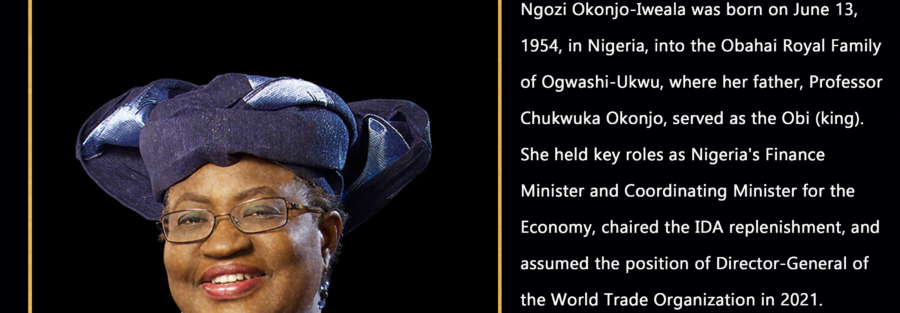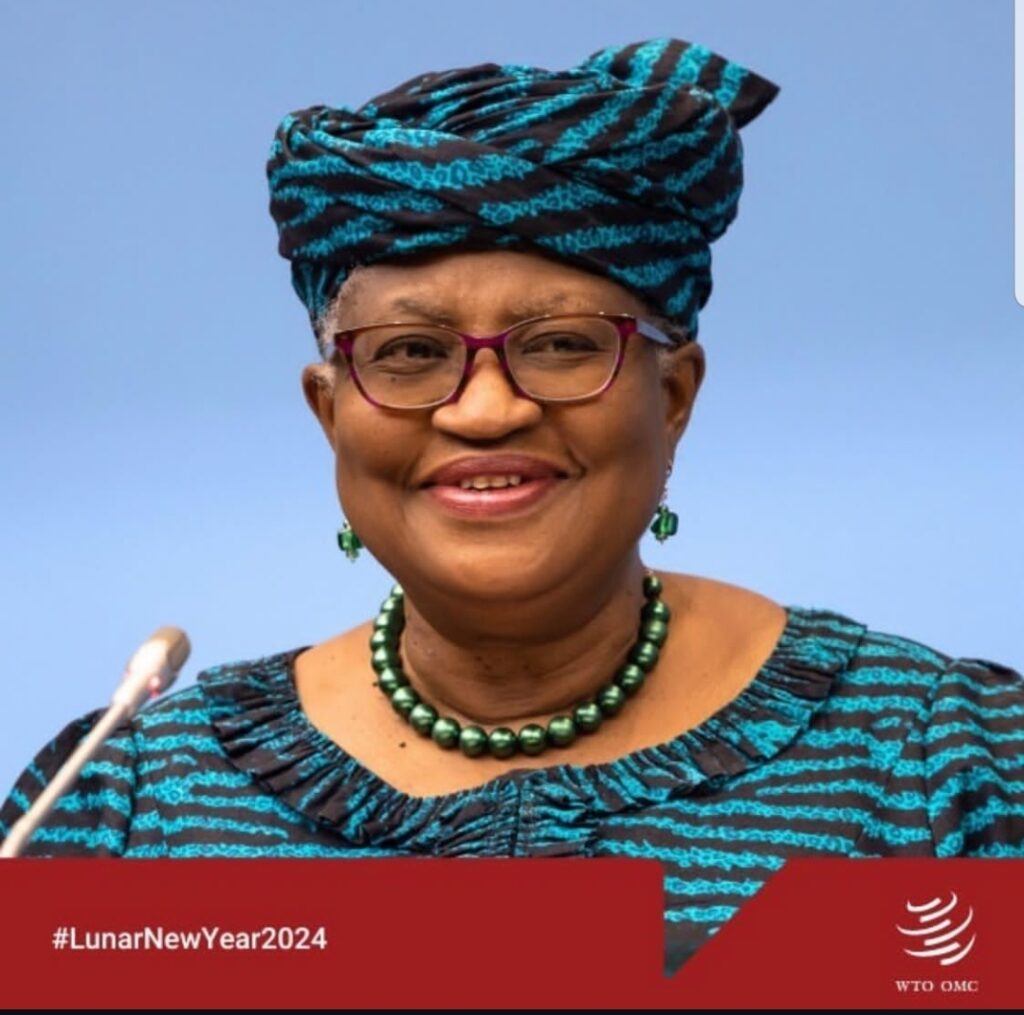
Ngozi Okonjo-Iweala was born on June 13, 1954, in Ogwashi-Ukwu, Delta State, Nigeria, where her father, Professor Chukwuka Okonjo, served as the Obi (king) of the Obahai Royal Family of Ogwashi-Ukwu. She received her early education at Queen’s School in Enugu and later attended St. Anne’s School in Molete, Ibadan, as well as the International School Ibadan.
In pursuit of higher education, Okonjo-Iweala traveled to the United States in 1973 to study at Harvard University, where she graduated with an AB in Economics in 1976. Subsequently, she earned a master’s degree in City Planning in 1978 from the Massachusetts Institute of Technology (MIT). Later, in 1981, she completed her PhD in Regional Economics and Development at MIT, focusing her research on Credit Policy, Rural Financial Markets, and Nigeria’s Agricultural Development. Her doctoral studies were supported by an international fellowship from the American Association of University Women (AAUW).
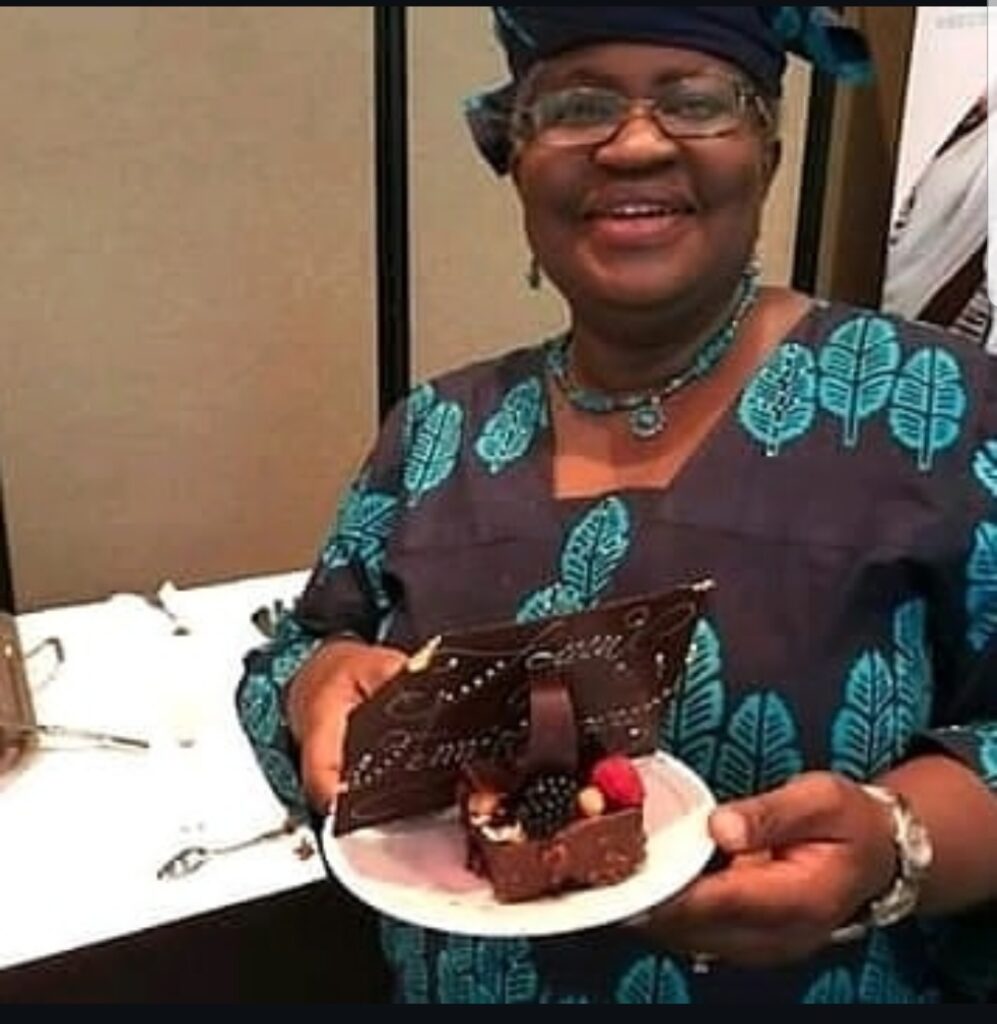
During her impressive 25-year career at the World Bank in Washington DC, Ngozi Okonjo-Iweala rose to the position of Managing Director, Operations, the organization’s second-highest role. In this capacity, she oversaw the management of the World Bank’s operational portfolios totaling $81 billion across Africa, South Asia, Europe, and Central Asia.
Okonjo-Iweala played a crucial role in leading various initiatives to support low-income countries, notably during the 2008–2009 food crises and the subsequent global financial crisis. She also chaired the successful International Development Association (IDA) replenishment in 2010, raising $49.3 billion in grants and low-interest credit for the world’s poorest nations.
Additionally, Okonjo-Iweala served as a member of the Commission on Effective Development Cooperation with Africa, convened by Danish Prime Minister Anders Fogh Rasmussen in 2008. This commission aimed to enhance development cooperation efforts across the African continent. Her contributions reflect her unwavering commitment to global development and poverty alleviation.
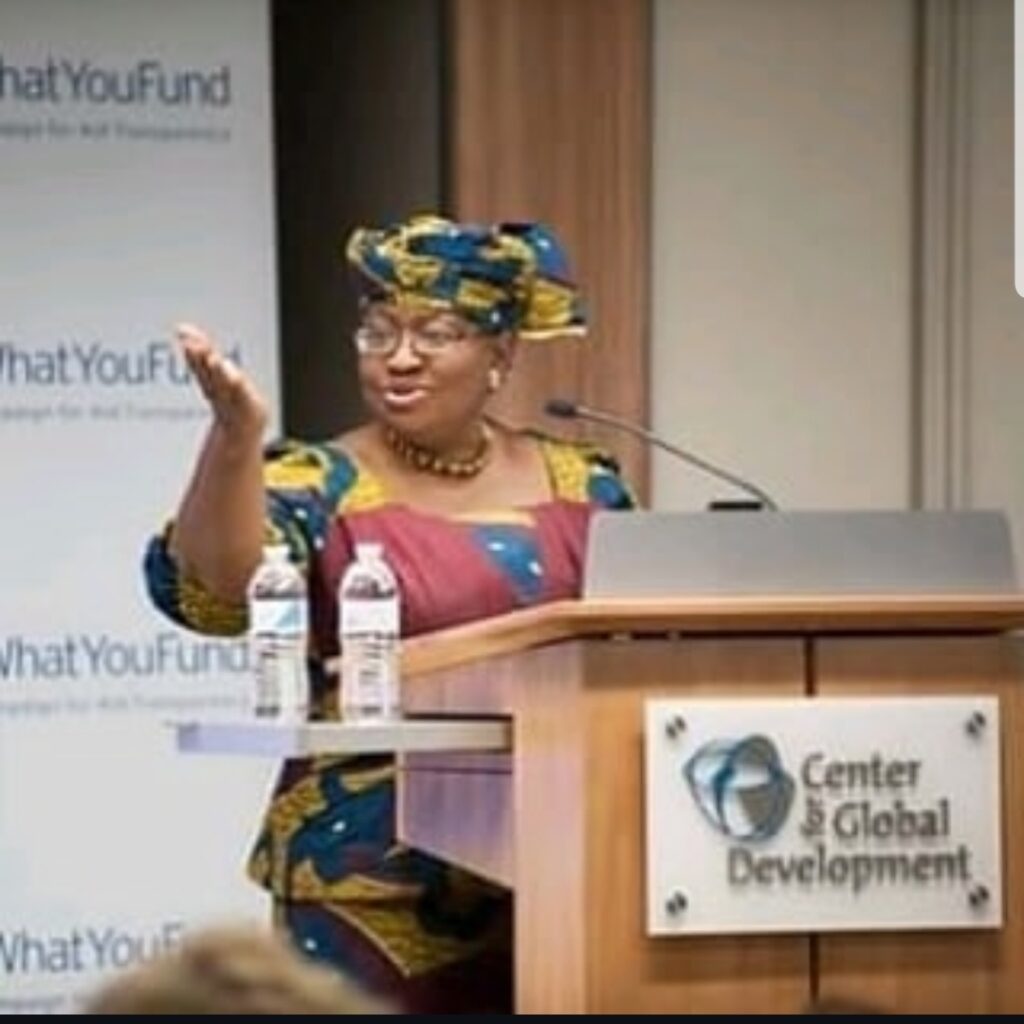
Ngozi Okonjo-Iweala served two terms as Nigeria’s Finance Minister, from 2003 to 2006 and again from 2011 to 2015. She also briefly held the position of Foreign Minister in 2006. Notably, she was the first woman to occupy both roles in Nigeria.
During her initial term as Finance Minister under President Olusegun Obasanjo, Okonjo-Iweala played a crucial role in negotiating with the Paris Club. These negotiations resulted in the cancellation of a significant portion of Nigeria’s debt, totaling US$30 billion, with US$18 billion being outright cancelled.
Overall, Okonjo-Iweala’s leadership as Finance Minister during both terms was marked by her efforts to tackle Nigeria’s fiscal challenges, negotiate debt relief, and implement policies geared towards fostering economic stability and sustainable development.
Ngozi Okonjo-Iweala was re-appointed as Nigeria’s Minister of Finance in 2011 by President Goodluck Jonathan. Her role expanded to include the position of Coordinating Minister for the Economy. During her tenure, she made significant contributions to Nigeria’s economic development.
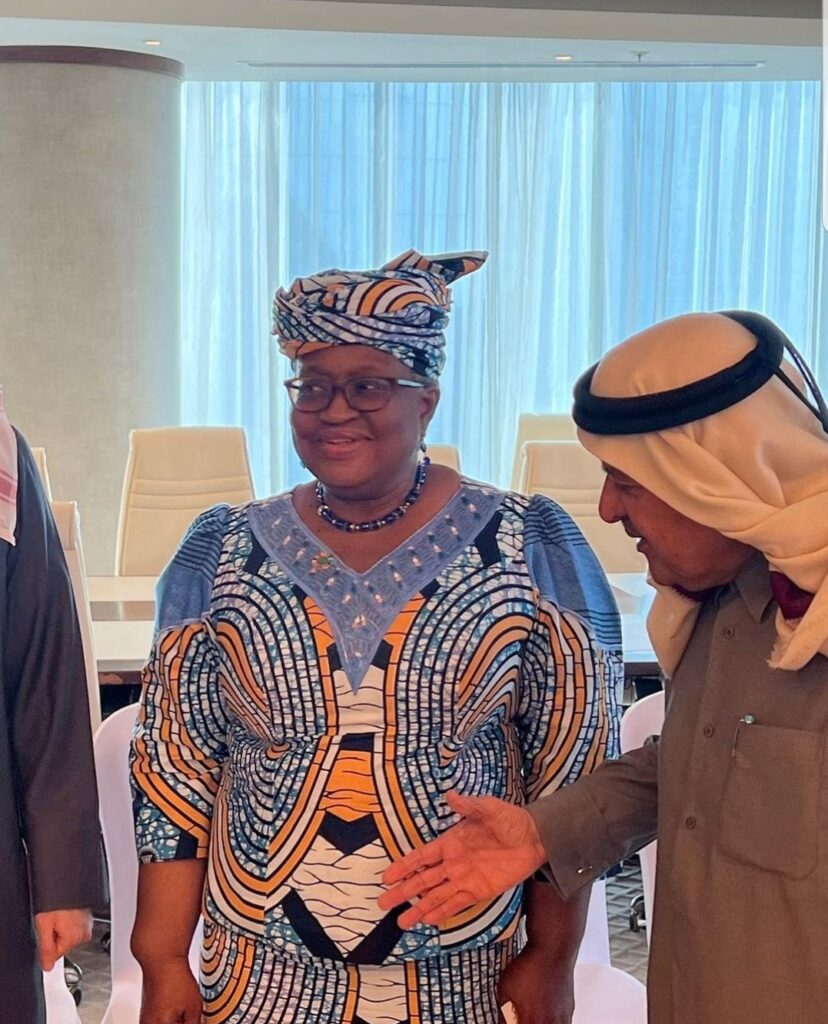
One of her key achievements was the establishment of the Mortgage Refinance Corporation (NMRC), aimed at stimulating the housing sector and addressing the country’s housing deficit.
Additionally, Okonjo-Iweala implemented programs to empower women and youth. The Growing Girls and Women in Nigeria Programme (GWIN) focused on promoting gender equality, while the Youth Enterprise with Innovation Programme (YouWIN) supported young entrepreneurs, creating thousands of jobs.
Overall, Okonjo-Iweala’s legacy includes strengthening public financial systems, promoting gender equality, and fostering entrepreneurship to drive economic growth in Nigeria.
After leaving government, Ngozi Okonjo-Iweala remained active in global affairs. She served on several prominent commissions and groups, including the International Commission on Financing Global Education Opportunity (2015–2016), the Eminent Persons Group on Global Financial Governance (2017–2018), and the Global Commission for the Economy and Climate since 2014. Additionally, she became the chair-elect of the Board of Gavi, the Vaccine Alliance, in January 2016.
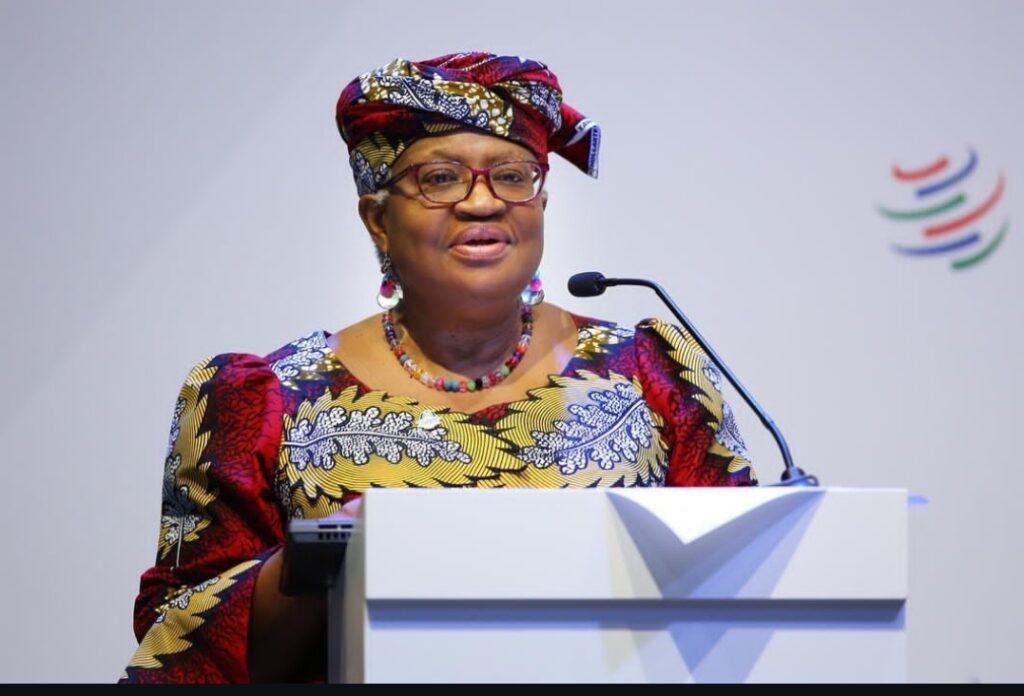
In June 2020, Nigerian President Muhammadu Buhari nominated Ngozi Okonjo-Iweala as the country’s candidate for the position of Director-General of the World Trade Organization (WTO). Following this nomination, Okonjo-Iweala was unanimously appointed as the next Director-General on February 15, 2021.
Ngozi Okonjo-Iweala has received numerous recognitions and awards, including being listed as one of the 50 Greatest World Leaders by Fortune in 2015, Top 100 Most Influential People in the World by TIME in 2014, and Top 100 Global Thinkers by Foreign Policy in 2011 and 2012. Forbes also named her among the Top 100 Most Powerful Women in the World from 2011 to 2014 and among the Top 3 Most Powerful Women in Africa in 2012.
she founded the Centre for the Study of the Economies of Africa (C-SEA), a development research think-tank based in Abuja.
Ngozi Okonjo-Iweala is married to Ikemba Iweala, a family medicine physician from Umuahia, Abia State, Nigeria. The couple has four children, one of whom is the renowned author Uzodinma Iweala..


